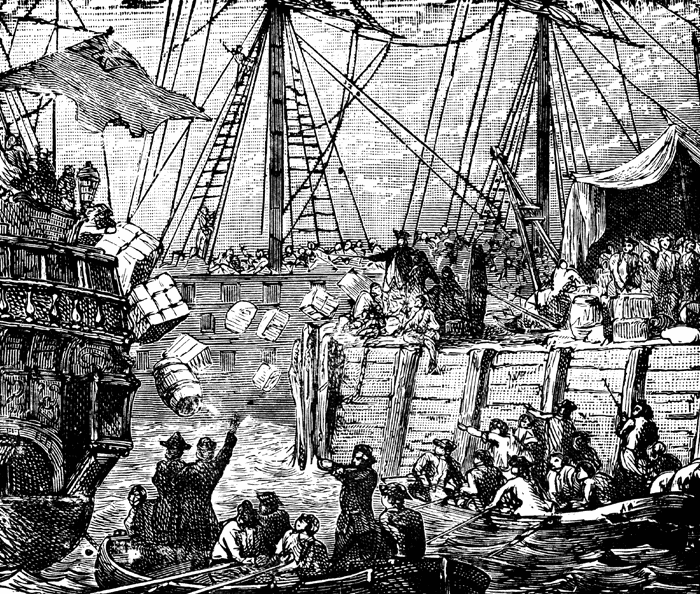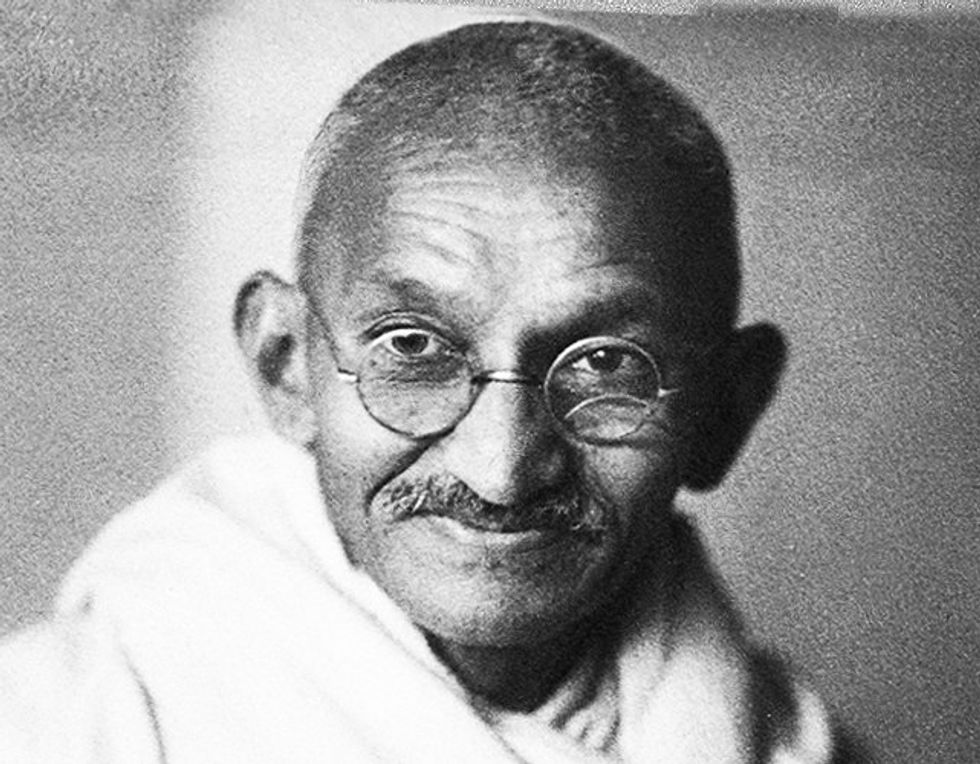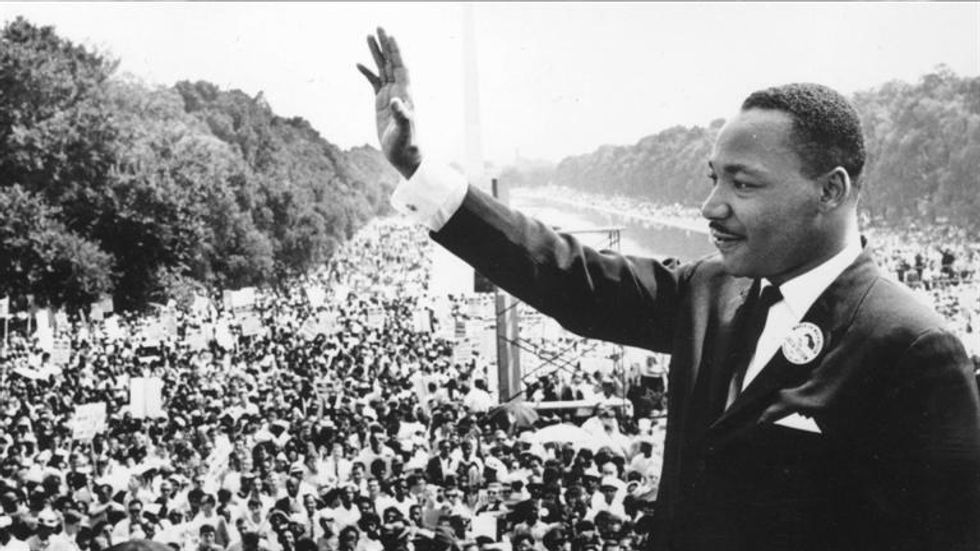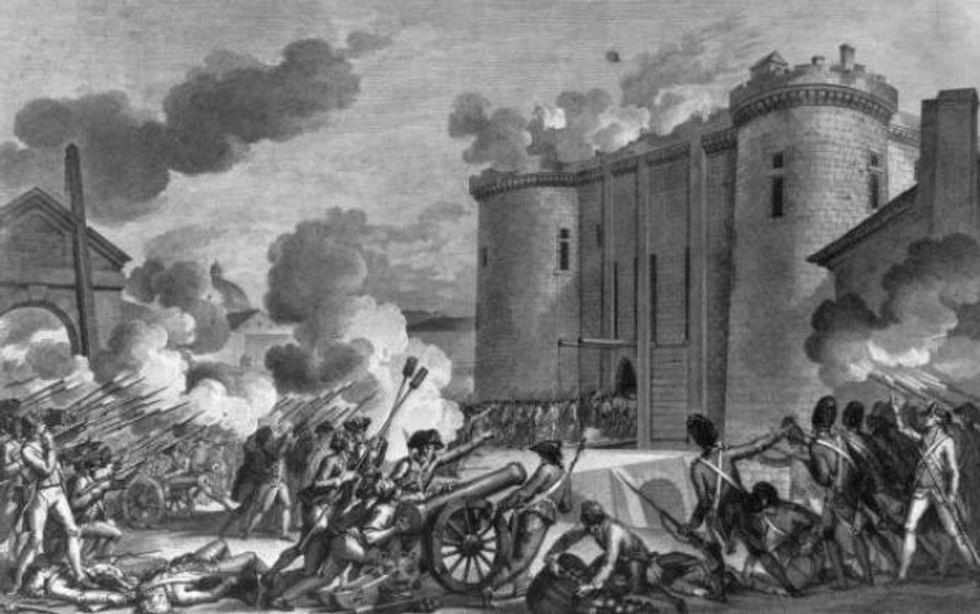According to the standard dictionary definition, the word protest is an expression of bearing witness on behalf of an express caused by words or actions with regard to particular events, policies or situations. Protests can take many different forms. Particularly one of the most common forms known today occur in the form of mass demonstrations. History has shown through time and time again that when a certain situation does not reflect the outcome that the public expects it to, people tend to react in a certain way: either violently or non-violently. Protests have changed the course of history whether we would like to admit it or not. The significance of protesting is important to understand because it is a large part of history and the current events in the world today. Because the act of protesting has affected a change in a large part of history, it is important one realizes some of the major protests that have either occurred violently or non-violently in the world today.
1. Mahatma Gandhi
One of the most influential and well-known leaders of the time. He was known for beginning his activism in India in the early 1900s. He is primarily recognized for his role in leading India in its struggle for independence against Great Britain. Through a series of non-violent acts such as hunger strikes, he protested the oppressed condition of India's poorest classes. His acts of non-violence were significant because they helped bring about a change for the country of India and helped him achieve his goal of granting the country its freedom.
2. Martin Luther King Jr.
Another prominent figure in America in the 1960s who was particularly known for his "I Have a Dream" speech, and for emphasizing non-violence. Luther is a vital part of American history because his act of protesting non-violently, along with that of his followers, caused a deep change in racial history. In August of 1963, Martin Luther delivered a speech titled: "I Have a Dream." This speech was significant in and of itself because it accomplished its job: to promote racial equality in America. While Luther delivered this speech at the Lincoln Memorial in Washington D.C., over 200,000 protestors gathered peacefully to join him in his fight to end racial discrimination in the United States. This was significant as his act of silently protesting caused President John F. Kennedy to become pressured to draw up a firm civil rights legislation.
3. The Storming of the Bastille
One of the most significant events in the history of France simply because it provided a catalyst to the French for the freedom that they so long desired. For a number of years, the French were under the rule of King Louis XVI. In the summer of 1789, the Third Estate (which represented the commoners and the lower clergy) called for a National Assembly, which was legalized by King Louis XVI until he later dismissed a popular minister who supported reforms in France. This caused a civil unrest in the country and lead to riots in France at the instigation of revolutionary leaders. The military governor of Bastille feared his fortress would be a site of protest and called for reinforcements. Failing to realize the strength of the Frenchmen, his reinforcements fell short as the French revolutionaries fired at soldiers guarding the Bastille. Although the governor of Bastille tried his best to protect the Bastille, he was forced to surrender after French revolutionary soldiers dragged five cannons and aimed them at the Bastille. The French revolutionaries were able to capture the Bastille and seize control of Paris; thus, forcing King Louis XVI to recognize a constitutional government. This event was a major part of France's history and would not have occurred if the Frenchmen had not protested violently in order to have a constitutional form of government.
4. The Boston Tea Party

Another significant event in American history that occurred in 1773. Exhausted from the wave of taxes that was levied on them from the British Empire, the American people decided to take action against the dreadful Tea Act brought about by the British Empire. The Tea Act was significant because it was designed to save the British East India Company by having a lower import on goods meaning the company would have a monopoly on the American trade in comparison to all other countries. The American people were outraged by this act and decided to dump 342 chests of tea into the Boston Harbor just to prove their outrage at such a subject as this. While this act may have seemed small and violent, it provided the momentum that the American people needed to take part in the revolution against the British crown. This act of protest gave Americans a small part of the strength that they would need to carry on with their struggle for independence from British rule.
Four significant people and events in history were able to bring about such a big change just by promoting non-violent as well as violent protests. As witnessed through the struggle of Mahatma Gandhi and Martin Luther King Jr., one can notice how their encouragement of non-violent protests significantly helped shape the future of each of their countries. On the other hand, the storming of the Bastille and the Boston Tea Party are major violent protests in the history of America and in the history of France. Each of these events are solely responsible for bringing about freedom or providing a catalyst for freedom in these countries.
The world today is at a standstill between protesting violently and protesting silently. People proclaim violence is never the answer; yet, they choose to raise their fists, they choose to fight back and they choose to act however they please because things did not go how they expected or according to their beliefs, acting upon impulse seems more fitting than thinking through ones actions. On the other hand, those who protest silently believe they can impact the country by standing up for their beliefs while remaining dignified and showing the influence certain people or events have on the rest of the nation.
As a reader, it is up to you to decide. The act of protesting does impact people and events, but the way one chooses to protest determines the consequence of that action. The question is not how you chose to protest, but merely what you believe is the proper way to protest. If both types of protests can cause a deep change in the world what is the right way to protest and why do you believe so? Should it not be our jobs to question some of the occurrences in our world today and whether or not people are making the right decisions by acting the way they do? Should it not be our jobs to question the integrity of some people's actions? Should it not be our jobs to appreciate or even take notice of the effectiveness of some people's stances in our world today and support their cause for change? Lastly and most importantly, should it not be your job to question what type of protest is effective and why you believe it to be so?
























